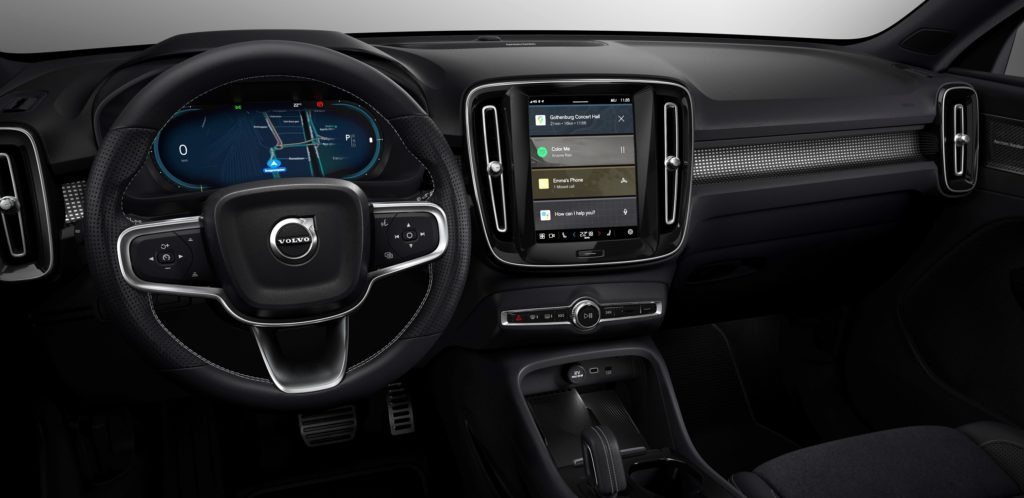Volvo creates joint venture to expand infotainment platform
24 March 2021

Volvo Cars (Volvo) has entered a joint venture with Chinese technology firm ECARX. The project will look to expand the development of Volvo’s infotainment systems.
Together with ECARX, the manufacturer will make its platforms available to all Geely Group brands. Partnering with an external business also allows the carmaker to offer its systems to third parties, increasing revenue potential.
Infotainment systems are likely to play a large part in the increased user-experience that manufacturers are attempting to offer. Volvo’s venture will allow it to leverage ECARX’s experience in platform development, especially those utilising Android operating software. The Chinese company expanded its global footprint to Europe in December last year. It has experience working with other Geely brands such as Lynk & Co and Proton.
′With profound accumulation in in-vehicle infotainment systems and the intelligent connected field, ECARX is committed to becoming the leading power in automotive intelligence technology in China,’ says Ziyu Shen, chief executive officer, ECARX. ′This joint venture will be another important move for ECARX’s globalisation strategy. It will start the partnership between ECARX and Volvo Cars, integrates their respective technical advantages to bring global consumers connected infotainment experiences that lead the industry, and paves the way for further cooperation.’
Connected technologies
Carmakers are increasingly looking at connected-vehicle services and ′functions-on-demand‘ offerings designed to personalise the vehicle to a user’s unique requirements. This could be as simple as coloured mood lighting to something more complex such as differing engine maps.
At the heart of this personalisation is the infotainment system. Once just a device for playing music, today the system is designed to link to smartphones, download apps, as well as offer navigation and video services. The need to display more information has led to an increase in vehicles featuring touchscreens. Carmakers are also launching new ′digital dashboards’, such as Mercedes-Benz’s MBUX Hyperscreen.
Speaking to Autovista Group’s chief research officer Sarah Walkley last year, Stéphane Lagresle, senior marketing director, connected car and connected services at connected technology business Harman International, observed the levels of personalisation consumers may start to expect from their vehicles.
Lagresle highlighted that when you buy a new phone, the first thing you do is set the login details, download your favourite apps, change the backdrop, customise the menus and so forth. At this point, it is no longer ′just a phone’ but rather a highly personalised and distinctive device belonging to that particular individual.
′In the future, automotive consumers may behave similarly, moving between car brands and models more fluidly, fully expecting a hyper-personalised infotainment experience with effortless access to all the apps and services they love,’ he added.
Operating systems
There is also an increasing trend in manufacturers developing their own operating systems. Volvo announced a partnership with Google’s automotive platform Android Auto in 2017, and the new joint venture will look to expand this into the new age of connected technologies.
Volvo initially plans to integrate the platform developed in the joint venture into Volvo Cars and Polestar models, with their own unique user interfaces. ECARX will be the exclusive commercialisation partner for the integration of the platform into other vehicles worldwide. The venture is subject to finalisations and is set to become operational in Q3 2021.